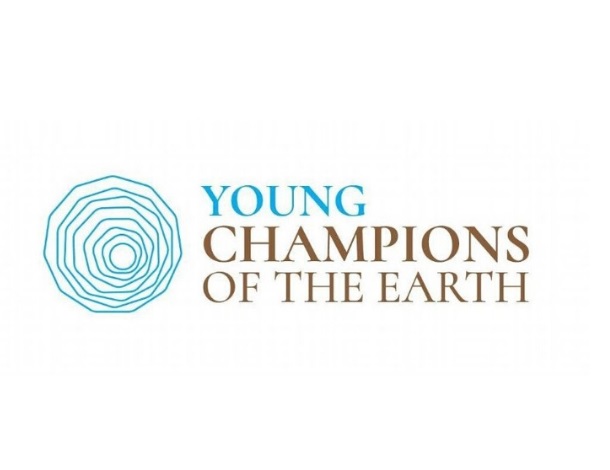Recently, the Centre
has amended Schedule I of the Mahatma Gandhi National Rural Employment
Guarantee Act (MNREGA), 2005 to mandate a minimum allocation of NREGS funds for
water conservation in rural blocks, determined by the level of groundwater
extraction in each area.
Notification
¨
The Ministry of Rural Development has issued a notification regarding
the allocation of NREGS funds for water-related activities based on groundwater
extraction levels.
¨ In rural blocks classified as
‘over-exploited’ or ‘critical’ by the Central Ground Water Board (CGWB), at
least 65% of NREGS expenditure shall be allocated to water conservation, water
harvesting, and other water-related works.
¨ For blocks in the semi-critical category, a
minimum of 40% of NREGS funds must be used for water conservation, water
harvesting, and related activities.
¨ In safe blocks at least 30% of the funds
shall be earmarked for water-related works.
¨
District Programme Coordinator or Programme Officer shall ensure that a
minimum percentage of the works to be taken up in the assessment units (Blocks)
in terms of cost, shall be for water conservation, water harvesting and other
water-related works.
Key terms
¨
Over-exploited blocks: These are areas where groundwater extraction
exceeds 100% of the annual replenishable groundwater recharge, indicating that
more groundwater is being withdrawn than naturally replenished.
¨ Critical blocks: These are areas where groundwater
extraction ranges between 90% and 100% of the annual replenishable groundwater
recharge.
¨ Semi-critical blocks: These includes areas
where groundwater extraction is between 70% and 90%.
¨
Safe blocks: The blocks include
where groundwater extraction is 70% or less.
Mahatma
Gandhi National Rural Employment Guarantee Act 2005
Salient
Features
¨
Schedule I: It provides the list of permissible works under the rural
job guarantee scheme.
¨ Employment Guarantee: It legally guarantees
100 days of employment per year to every rural household, ensuring a minimum
level of income and providing a safety net during economic distress.
¨ Focus on Rural Development: The scheme aims
to enhance rural livelihood security by promoting sustainable development
through the creation of productive assets such as water conservation
structures, rural roads, and other infrastructure.
¨ Inclusive and Demand-Driven: The employment
under MGNREGA is generated based on the demand of rural households.
Beneficiaries have the right to request work, which the government must provide
within 15 days.
¨ Women’s Participation: The act actively
promotes women’s participation, targeting at least one-third of beneficiaries
to be women and striving for 50% female participation in the workforce,
supporting gender empowerment and equity.
¨ Transparency and Accountability: It mandates
transparency through social audits, allowing local communities to monitor
project implementation. Scheme-related information, including wages and fund
allocation, is publicly accessible.
¨
Electronic Fund Management: The adoption of technology like the
Electronic Fund Management System (e-FMS) enables direct wage transfers to
workers’ bank accounts, minimizing leakages and ensuring timely payments.


